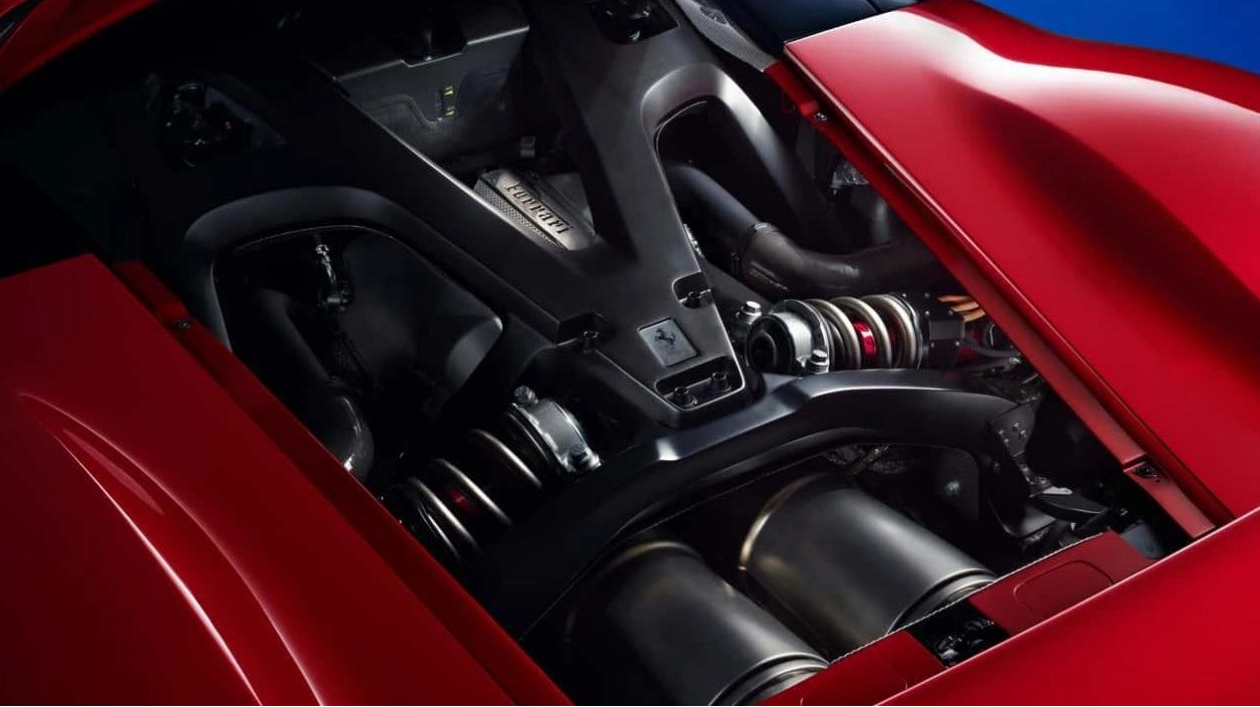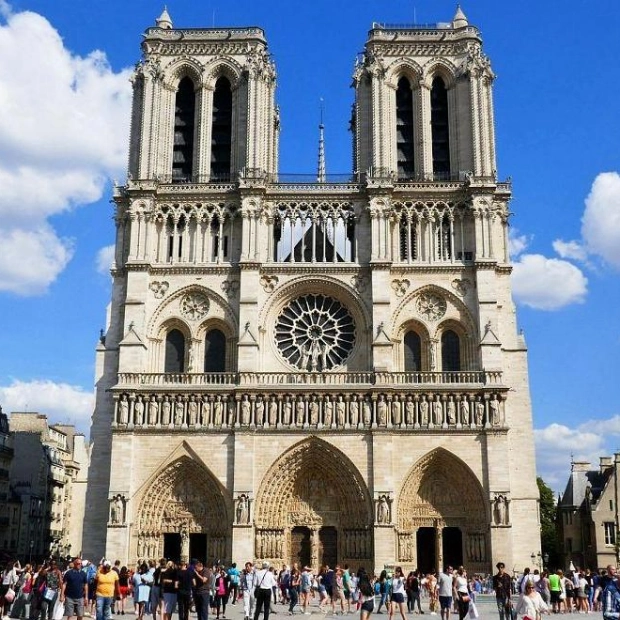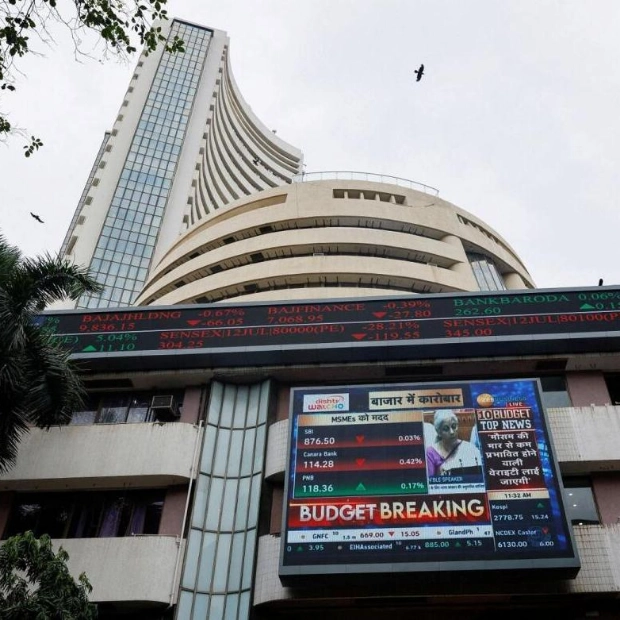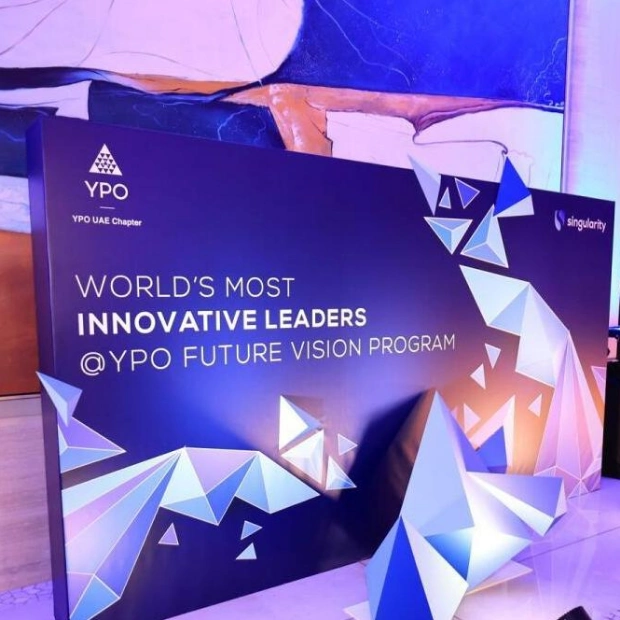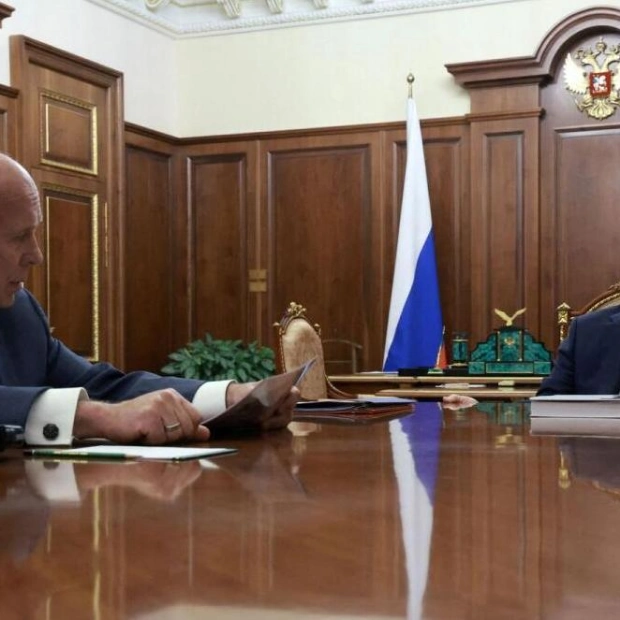There's an unspoken rule that a company's flagship model should feature the largest combustion engine. However, the Ferrari 12Cilindri isn't the pinnacle in Maranello. It's this—the new F80. The successor to the LaFerrari has embraced downsizing, with only six cylinders nestled behind the seats. As you might expect, Ferrari is prepared to justify its decision to halve the cylinder count. Chief Marketing & Commercial Officer Enrico Galliera explained to Auto Express that while the V-12 was considered, the V-6 emerged as the superior choice: "We questioned whether to use the most iconic engine [the V-12] or the highest performing [the V-6], and opted for the highest performer. This is consistent with our approach to supercars, always selecting the most advanced option available."
This stance contrasts with Chief Design Officer Flavio Manzoni's comments from last year, where he defended the choice of a naturally aspirated V-12 for the 812 Superfast's successor: "A V-8 turbo could enhance performance, but from an emotional standpoint, it's the best you can get." Ferrari also ruled out a plug-in hybrid or fully electric powertrain, concluding that a hybrid V-6 was the "best technical solution." This suggests the company's first EV, due in 2025, won't be a hypercar. Recently spotted as a test mule with a modified Maserati Levante body, it's likely to be a more practical vehicle, complete with a simulated V-8 engine sound.
Reducing the cylinder count to six hasn't dampened buyer enthusiasm, with all 799 F80s sold well before yesterday's global debut, despite a hefty price tag of €3.6 million. For those yearning for a naturally aspirated V-12, the 12Cilindri and other limited-run Icona series models, following the Monza SP1/SP2 and Daytona SP3, are available. With the Ferrari F80 and McLaren W1 now unveiled, anticipation is high for the final member of the Holy Trinity reboot to make its debut. The Porsche 918 Spyder's successor might not even feature a combustion engine, given that the Mission X concept was fully electric. Porsche CEO Oliver Blume indicated in February that a decision on whether to build the car will be made this year.
